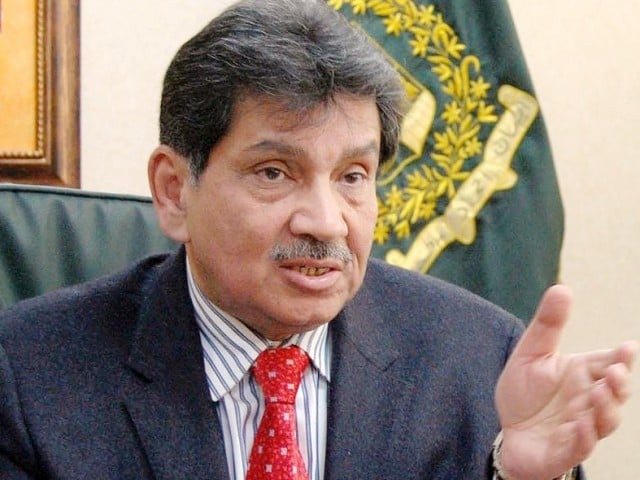Political musings: Real power deals of Pakistani politics—I
Ex-minister explains how civilian govts since 1989 had to cede space to the establishment

PHOTO: INP
Former federal minister Makhdoom Faisal Saleh Hayat, who became one of the youngest MNAs in the country after he was elected at the minimum requisite age of 25 in 1977, details how civilian governments since 1989 had to cede space to the establishment.
After she returned to Pakistan in 1986, the PPP led by Benazir Bhutto won the 1989 elections against the IJI, the establishment backed coalition. Despite the massive mandate, Hayat says Benazir had to broker partnership with the ‘real power holders’, agreeing to let go of certain subjects including foreign policy, defence and finance to be able to form her government.

Later, after the 2002 elections, Hayat says an abortive power-sharing covenant between the PPP and the establishment catalysed his split from the main party to form the PPP-Patriots group. He allied with the Pakistan Muslim League-Quaid (PML-Q) and General Pervez Musharraf to become part of the government despite a hung parliament. But it didn’t last long and the group disintegrated after that government’s tenure ended.
Today, the reflection of the power wielded by the establishment can be seen with how the incumbent government operates without a full time foreign minister and a defence minister whose attention is split with managing the country’s energy crisis.
Published in The Express Tribune, October 5th, 2015.



















COMMENTS
Comments are moderated and generally will be posted if they are on-topic and not abusive.
For more information, please see our Comments FAQ